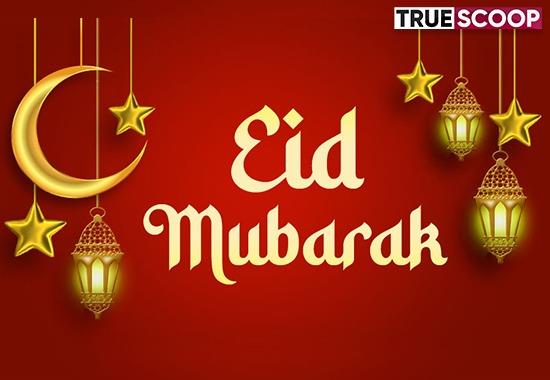Eid-ul-Fitr is a major Muslim celebration that is celebrated all over the world. The event takes place on the first day of Shawwal, the Islamic calendar's tenth month. The Islamic calendar sometimes referred to as the Hijri calendar, is based on lunar phases. It is made up of 12 lunar months that make up a 354 or 355-day year. As a result, Eid-ul-Fitr, like other Islamic festivals, is based on the sighting of the moon and does not correspond to a definite date in the Gregorian calendar.
Eid-ul-Fitr is slated to start on the evening of 2nd May and last through the evening of 3rd May this year. Eid is generally observed on different days around the world depending on the sighting of the moon.
Eid-ul-Fitr, a gazetted holiday in the country, happens on May 3rd, according to the central government's holiday calendar. The timing of celebrations will be largely determined by when the moon is visible.
Eid-ul-Fitr is a month of fasting from sunrise to sunset. In Muslim houses around the world, a variety of delectable delicacies are prepared, and gifts and well wishes are exchanged amongst family and friends. Seviyan, a sweet dish, is the most prominent of the various foods made on the day, earning the celebration the moniker “Meethi Eid” or “Sweet Eid.”
“Eid Mubarak!” is one of the most popular things you’ll hear people say to one another throughout Eid. This is how people like expressing joy which means “good Eid.” Eid said,” which means “good Eid” is another phrase you can hear.
Other countries, on the other hand, use distinct greetings. People in Nigeria are likely to say “Balla da Sallah,” which means “Happy Eid” in Hausa. In Malaysia, Eid is known as Hari Raya, thus you would say “Selamat Hari Raya” to wish someone a good Eid.
